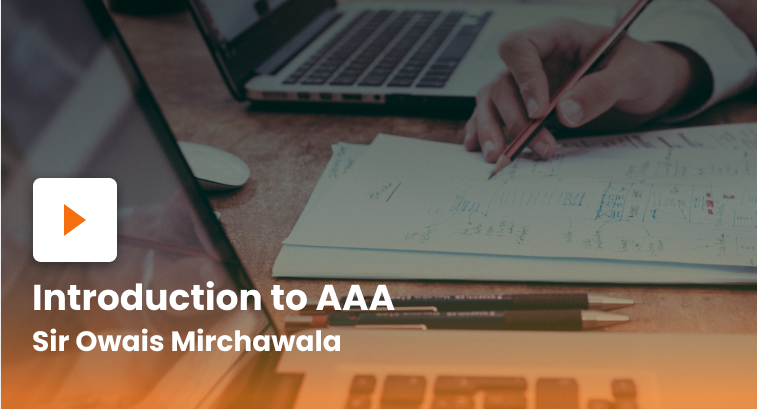Career Opportunities after ACCA Course: 8 Highest Paying Jobs after ACCA Course
What are the Opportunities for jobs after ACCA Course? It is a key subject that has been raised in recent discussions about the ACCA Course.
ACCA is one of the most well-known and respected professional certificates in accounting. This certification is mainly preferred by accounting and finance students seeking to advance their careers in those sectors. Professionals with ACCA certification are highly sought after across numerous industries and land many attractive jobs. The Big 4 and many of the biggest MNCs throughout the world use them as ACCA.
Since they pay bigger income packages to ACCAs than non-certified individuals, there are many high-level Jobs available following ACCA. You will learn about the numerous employment prospects available to you once you earn this certification in this blog.Internal/external auditor: One of the main responsibilities and functions of an ACCA professional is internal and external auditing. As an external auditor, you might have to go through an organization’s financial records and financial statements, but as an internal auditor, you might have to search for the company’s practises and management policies. You would be the ideal candidate for the position of international auditing because the ACCA course covers a wide range of financial and auditing-related topics.
Top Jobs after ACCA Course

Since they pay bigger income packages to ACCAs than non-certified individuals, there are many high-level Jobs after ACCA course. You will learn about the numerous employment opportunities available to you once you earn this certification in this blog.
- Financial accountant: As a financial accountant, you are in charge of all business finances and serve as the main point of contact for all other departments of an organisation for financial data. Major financial decisions that will affect the organization’s financial viability would also involve you.
- Chief financial officer (CFO): One of the top positions you can hold is chief financial officer (CFO), and as such, you are responsible for managing the company’s finances, including all aspects of financial planning, record-keeping, risk management, financial reporting, and so forth.
- Business analyst: In your role as a business analyst, you would analyse the current business processes and systems and work to align and integrate them with technology. You would also be involved in developing a business model that would use data analysis to optimise the business processes.
- Tax accountant: The Internal Revenue Code, which establishes the regulations and guidelines that businesses must follow when filing their tax returns, generally governs tax accounting. You would have to find tax concerns, record tax savings, help clients and corporations file their tax returns, and other duties as a tax accountant.
- Forensic accountant: As you may already be aware, forensic accounting is all about gathering and organising diverse financial data and offering visual aids for accounts that are the subject of litigation or disputes. One of the extremely crucial roles you might have to do is communicating the data and information gathered in court.
- Risk manager: In your capacity as a risk manager, you would be in charge of the organization’s primary task, which is to evaluate financial risks and support management in achieving its goals. As part of risk management, you might be required to determine the likelihood of any potential financial hazards and develop strategies and tactics to manage them.
- Treasurer: In your role as treasurer, you’ll be responsible for overseeing all of a company’s financial assets and liabilities and acting as a financial watchdog or guardian for the organisation.
- Credit control manager: One of the most popular jobs after ACCA course in a financial department is the credit control manager, commonly known as the credit manager. You must manage your organization’s incoming finances in your capacity as credit control manager. To help the organisation with its credits and bills, you must ensure that payments are processed and received on time.
Looking for additional opportunities in finance domain? Check out these Top Professional Courses in Finance and Accounting!
ACCA Course Details
Hopefully, you are clear on the top high-paid jobs after ACCA Course. You must be motivated to learn how to obtain the ACCA certification in order to be qualified for positions following ACCA. You must pass the ACCA certification exam, which comprises of 13 exams separated into three levels, in order to become an accredited ACCA professional.
Professional with applied knowledge and skills.
The ACCA certification exam is given four times annually, and candidates can sign up to take it in any of the following months:
- March
- June
- September
- December
Eligibility Requirements
If you intend to apply for the ACCA certification exam, you should be aware of the eligibility requirements in order to be qualified for positions following ACCA.
- To take the ACCA exam, candidates must be at least 18 years old.
- To become a licenced ACCA, the applicant must have at least 36 months, or three years, of experience in the pertinent field. (Experience may be acquired prior to, during, or following exam success)
- As a bare minimum requirement, candidates must have finished the 10+2 programme with the following restrictions.
- Candidates must receive a minimum score of 65% on their class 12 board exams in English and Accounts.
- Candidates should have achieved a 50% overall average on the 10+2 exam.
Summery
If you’ve decided to take the ACCA certification exam, going for the right professionall ACCA course provider will enable you to study for the test in a comprehensive way.
Mirchawala is a renowned ACCA institute that offers the right direction you need to effectively prepare for the exam and pass it in one attempt. Many students have received support from renowned subject matter experts at MHA in obtaining their desired job after ACCA course.





